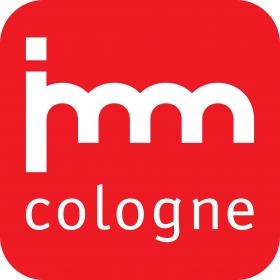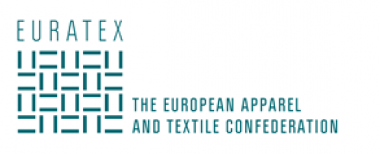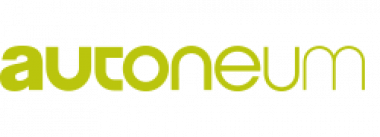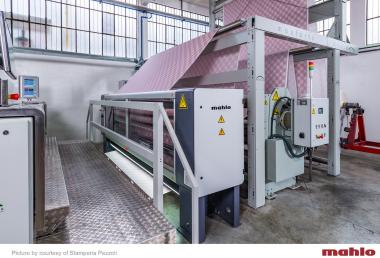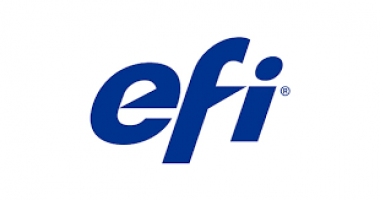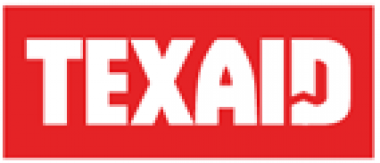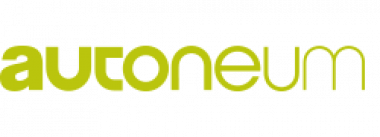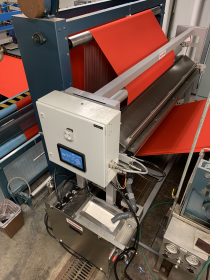PICANOL GROUP: Strong first HY22, but …
In comparison to HY 21 revenue went up by 26% to 1,707.3 million EUR, the profit reached 123.9 million EUR (+6%).
Machines & Technologies revenue increased by +10%. The revenue of Agro increased by +46%, Bio-valorization revenue increased by +27%, the revenue of Industrial Solutions increased by +21%, and the revenue of T-Power increased by 4%. This revenue increase could be mainly realized thanks to higher sales prices, implemented to compensate the increase of raw material, energy and transportation costs in most segments.
In the first half of 2022, revenue increased by +10% for the segment Machines & Technologies. This increase in revenue took place both in weaving machines (Picanol) and other industrial activities (Proferro, PsiControl). Picanol launched the OmniPlus-i TC Connect weaving machine into the Machines & Technologies segment in early 2022. This model, which was specifically made for weaving tire cord, has been upgraded with the latest airjet technology and equipped with the features of the new generation Connect weaving machines. However, HY22 Adjusted EBITDA decreased by 64% compared to last year due to the negative impact of rising raw material prices, transportation costs and costs of late deliveries, which could not be translated into higher selling prices, partly due to the large order book.
The group anticipates a continued high level of uncertainty in the second half of 2022, as well as in 2023, due to the current conflict in Eastern Europe, the difficult supply chain circumstances, and other challenges following the coronavirus pandemic. The development of customer demand and sales margin could therefore come under pressure. However, based on currently available information, Picanol Group expects that the 2022 Adjusted EBITDA will be higher than the 2021 Adjusted EBITDA (430.3 million EUR). This revised outlook for the 2022 financial year reflects the strong first half of the year, while the result for the second half is expected to be in line with the same period in the previous year.
Picanol Group
Picanol Group





